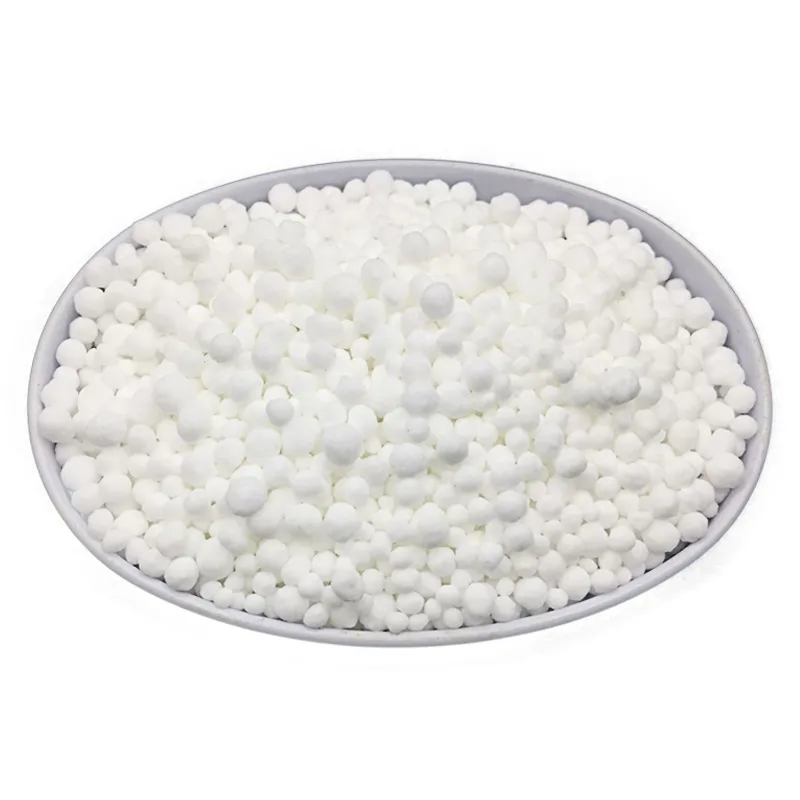
Dec . 04, 2024 14:22 Back to list
Premium NPK Fertilizer for Optimal Maize Growth and Yield Enhancement Solutions
High-Quality NPK Fertilizer for Maize Unlocking Agricultural Potential
Maize, commonly known as corn, is a staple crop that serves as a key food source globally. Its versatility extends from human consumption to livestock feed and biofuel production. To ensure optimal growth and yield, farmers must pay particular attention to soil health and nutrient management. One of the most effective ways to achieve this is through the application of high-quality NPK fertilizer. NPK stands for nitrogen (N), phosphorus (P), and potassium (K), the three essential nutrients that play a vital role in plant development.
Importance of NPK Fertilizer for Maize
Maize plants have a high nutrient demand, especially during the critical stages of growth such as germination, vegetative growth, and flowering. Each component of NPK fertilizer contributes uniquely to the plant’s development
1. Nitrogen (N) Nitrogen is crucial for the growth of maize as it is a fundamental component of chlorophyll, the compound responsible for photosynthesis. Adequate nitrogen promotes lush green foliage and enhances overall plant vigor. It is also essential for protein synthesis, which affects the maize's growth rate and yield.
2. Phosphorus (P) Phosphorus plays a significant role in root development and energy transfer within the plant. It supports the early growth stages of maize, helping in the establishment of a strong root system. A robust root system is necessary for nutrient and water uptake. Additionally, phosphorus is vital during the flowering and seed-setting stages, contributing to increased kernel formation.
3. Potassium (K) Potassium is essential for various physiological processes, including enzymatic reactions and water regulation. It helps improve drought resistance and enhances the plant's resilience against diseases. Potassium also plays a role in the quality of maize grains, impacting factors such as size and nutritional content.
Choosing High-Quality NPK Fertilizer
high quality npk fertilizer for maize

The effectiveness of NPK fertilizers largely depends on their quality and composition. When selecting an NPK fertilizer for maize, consider the following
- Nutrient Ratio Different stages of maize growth require varying nutrient ratios. A balanced NPK ratio such as 10-20-10 for early growth and 15-15-15 during the flowering stage can optimize yield.
- Formulation Fertilizers come in various formulations, including granular, liquid, and slow-release types. Granular fertilizers are commonly used for their ease of application, while liquid fertilizers can provide a quick nutrient boost.
- Source and Purity Source matters; high-quality fertilizers should be made from pure raw materials to ensure that they are free from harmful contaminants. Always choose fertilizers from reputable manufacturers that provide detailed information about their products.
- Soil Testing Conducting a soil test before applying fertilizers can help determine the existing nutrient levels and pH balance, allowing for more precise nutrient management. This practice can help prevent over-fertilization, which can harm the crop and the environment.
Conclusion
High-quality NPK fertilizers are indispensable for maximizing maize yield and ensuring sustainable agricultural practices. By understanding the specific roles of nitrogen, phosphorus, and potassium in maize cultivation, farmers can make informed decisions on fertilizer application. The right NPK fertilizer, tailored to the growth stage of the maize, can lead to healthier plants, increased productivity, and ultimately, a more secure food supply. As the global demand for maize continues to rise, employing effective fertilization strategies will be essential for meeting this challenge and enhancing agricultural output.
-
10 10 10 Fertilizer Organic—Balanced NPK for All Plants
NewsJul.30,2025
-
Premium 10 10 10 Fertilizer Organic for Balanced Plant Growth
NewsJul.29,2025
-
Premium 10 10 10 Fertilizer Organic for Balanced Plant Growth
NewsJul.29,2025
-
Premium 10 10 10 Fertilizer Organic for Balanced Plant Growth
NewsJul.29,2025
-
50 Pound Bags of 13-13-13 Fertilizer for All Plants – Bulk & Organic Options
NewsJul.28,2025
-
High-Efficiency 15-30-15 Granular Fertilizer for Healthy Crops
NewsJul.28,2025
